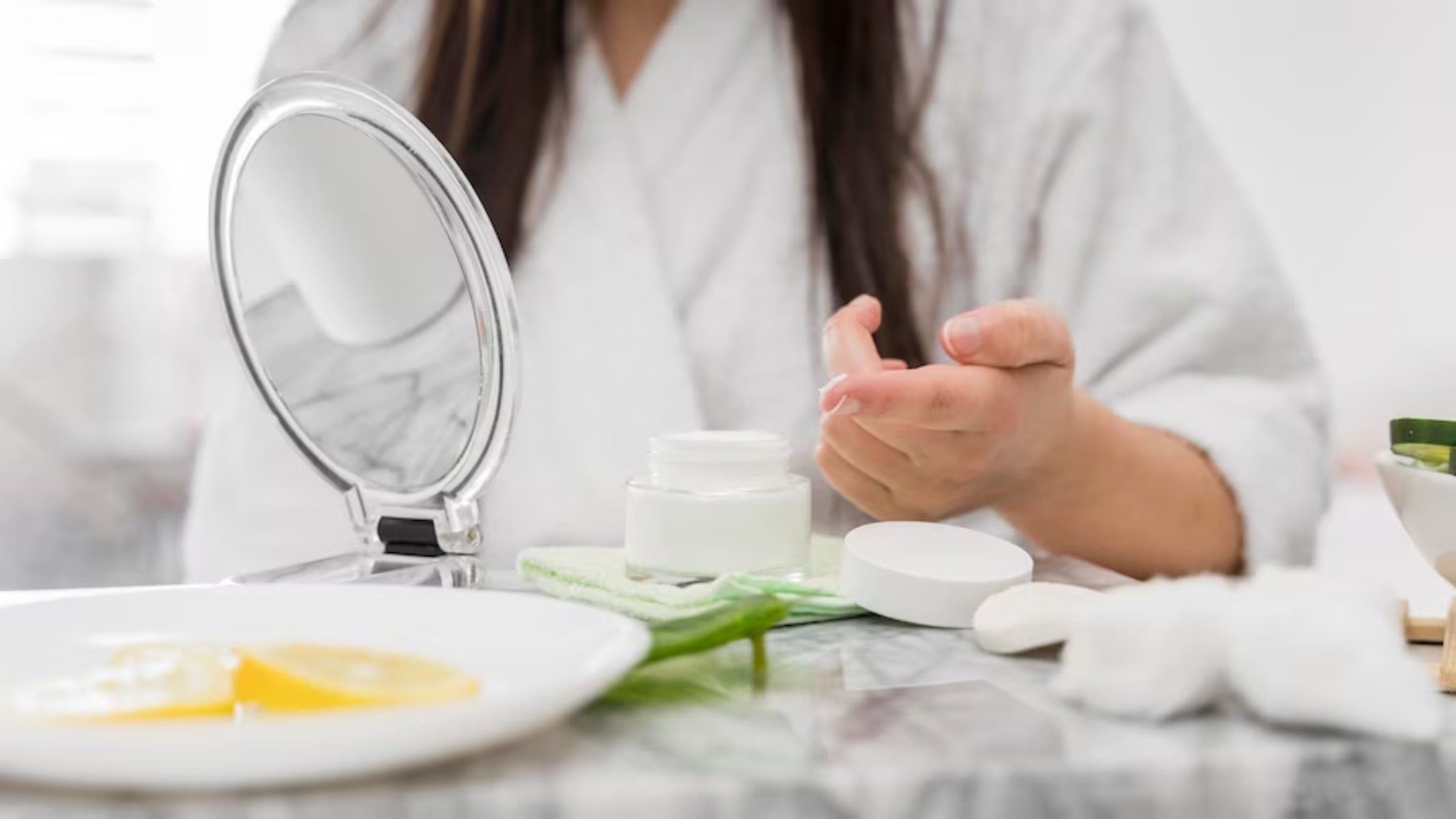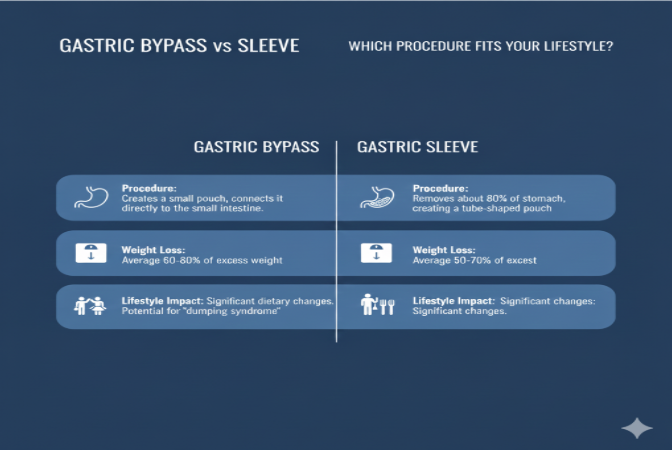Introduction
In the ever-evolving world of skincare, one term that has been gaining significant attention is "Probiotic Skincare." But what exactly is it, and does it live up to its promises of achieving healthier, glowing skin? In this comprehensive blog post, we will dive deep into the realm of Probiotic Skincare, exploring its effectiveness, benefits, and how it can transform your skin health for the better.
Understanding Probiotic Skincare
Probiotic Skincare refers to the use of products that contain live beneficial bacteria, commonly known as probiotics, to promote a healthy balance of microorganisms on the skin's surface. These friendly bacteria work in harmony with your skin's natural microbiome, the ecosystem of microorganisms that reside on your skin's surface. Probiotics in skincare are designed to strengthen the skin's barrier, enhance hydration, and reduce inflammation, leading to a smoother, clearer complexion.
How Probiotic Skincare Works
Think of probiotics as a shield that defends your skin against harmful pathogens. When applied topically, probiotics create a protective layer that prevents harmful bacteria from wreaking havoc on your skin. Moreover, probiotics promote the production of ceramides, which are essential for maintaining the skin's moisture balance and overall health.
The Science Behind Probiotics for Skin
Extensive research has shown that probiotics have remarkable anti-inflammatory properties. They can help alleviate skin conditions such as acne, eczema, and rosacea by calming down redness and irritation. Additionally, probiotics stimulate the production of natural moisturizing factors, contributing to improved hydration and a radiant complexion.
Key Benefits of Probiotic Skincare
- Reduces acne and blemishes without over-drying the skin.
- Calms and soothes sensitive and irritated skin.
- Witness a reduction in the appearance of fine lines and wrinkles, thanks to the power of probiotic skincare.
- Improves skin's elasticity and suppleness.
- Enhances the overall natural glow and radiance of the skin.
Debunking Myths about Probiotic Skincare
Myth #1: Probiotic Skincare is only for Acne-Prone Skin. Fact: Probiotics benefit all skin types, from dry to oily, and even sensitive skin.
Myth #2: Applying Probiotics on the Skin Kills Good Bacteria. Fact: Probiotic Skincare enhances the growth of beneficial bacteria, promoting a balanced microbiome.
Myth #3: Probiotics Have Immediate Effects. Fact: Consistency is key. Probiotic Skincare requires time and commitment for noticeable results.
Integrating Probiotic Skincare into Your Routine
Adding probiotic products to your skincare routine is simple. Start with a gentle cleanser and moisturizer containing probiotics. Gradually introduce serums and treatments for targeted benefits. Ensure to patch-test new skincare products and seek guidance from a dermatologist if any concerns arise. Your skin's health is paramount.
Probiotic Skincare Vs. Traditional Skincare Products
While traditional skincare products can provide temporary benefits, they often contain harsh chemicals that disrupt the skin's natural balance. Probiotic Skincare, on the other hand, works holistically to address various skin concerns while supporting overall skin health in the long run.
Finding the Right Probiotic Products for You
Before purchasing any probiotic skincare products, consider your skin type, specific concerns, and any allergies. Look for products with a high concentration of live probiotics and avoid those with added fragrance or harmful additives.
Tips for Maximizing the Effectiveness of Probiotic Skincare
- Be consistent with your routine.
- Combine probiotic skincare with a healthy diet for better results.
- Avoid overusing exfoliants, as they can disrupt the skin's microbiome.
- Stay hydrated to support probiotics' functions in maintaining skin health.
- Never forget to apply sunscreen daily to shield your skin from harmful UV damage.
Probiotic Skincare for Different Skin Types
- Dry Skin: Probiotics boost moisture retention and soothe flakiness.
- Oily Skin: Probiotics regulate sebum production and minimize breakouts.
- Sensitive Skin: Probiotics calm inflammation and reduce redness.
Addressing Common Skin Concerns with Probiotics
- Acne: Probiotics reduce acne-causing bacteria and inflammation.
- Aging: Probiotics promote collagen synthesis, reducing fine lines.
- Redness: Probiotics soothe irritation and strengthen the skin barrier.
Real User Experiences: Success Stories and Testimonials
"My acne-prone skin has never looked better! Probiotic Skincare transformed my complexion."
- Emily, 27
"Since incorporating probiotics into my skincare routine, the days of redness and irritation are long gone. My skin has discovered a newfound sense of calmness and balance, thanks to the benefits of probiotics."
- Michael, 35
Potential Side Effects and Precautions
Probiotic Skincare is generally safe for most individuals. However, some may experience mild irritation or redness during the initial usage. If such reactions persist, discontinue use and consult a skincare professional.
The Future of Probiotic Skincare: What to Expect
As research on probiotics and skincare advances, we can expect even more targeted and effective probiotic formulations to cater to specific skin concerns. The future of probiotic skincare holds great promise for healthier, more radiant skin.
Conclusion
In conclusion, Probiotic Skincare is indeed effective and offers numerous benefits for all skin types. By incorporating probiotics into your daily skincare routine, you can achieve a healthier, more radiant complexion that glows from within.

 Affinitel
Affinitel 








